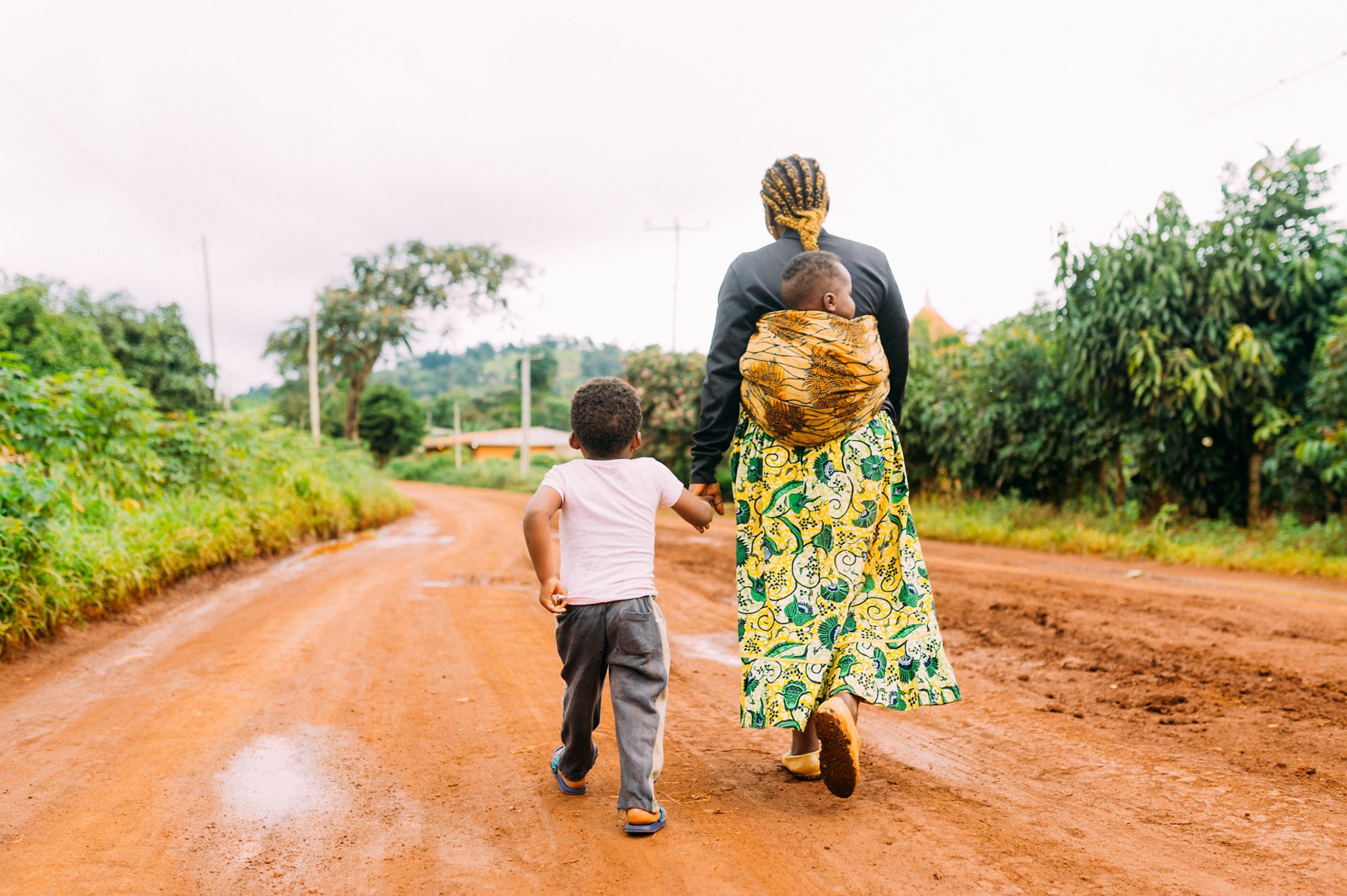Gender, scaling, and adaptive management are cross-cutting factors that shape whether adaptation projects deliver results that last.
This report examines how these dimensions influence outcomes across the LDCF/SCCF portfolio. Institutional context, strategic partnerships, gender integration, and adaptive capacity are decisive factors shaping the long-term impact, sustainability, and scalability of the LDCF/SCCF portfolio.
Projects with built-in flexibility - such as contingency planning and iterative learning mechanisms - were more resilient and responsive to shocks.


Evaluation overview
- Stronger outcomes occur where projects align with national policies, embed in government systems, and foster deep community participation, with gender-responsive approaches consistently linked to climate-resilient interventions and improved livelihoods.
- Sustainability remains a core challenge, constrained by financing gaps, political disruptions, administrative delays, and limited private-sector engagement, which weaken prospects for long-term results.
- Recommendations emphasize strengthening country ownership, expanding private-sector involvement, and embedding flexibility and learning mechanisms so adaptive management becomes a consistent feature of implementation.
Methodology
The report reviewed terminal evaluations from September 2022 to December 2024, covering projects under GEF-4 through GEF-7 in 27 countries—primarily in Africa and Asia—representing $200.9 million in GEF financing and $1.6 billion in cofinancing.









